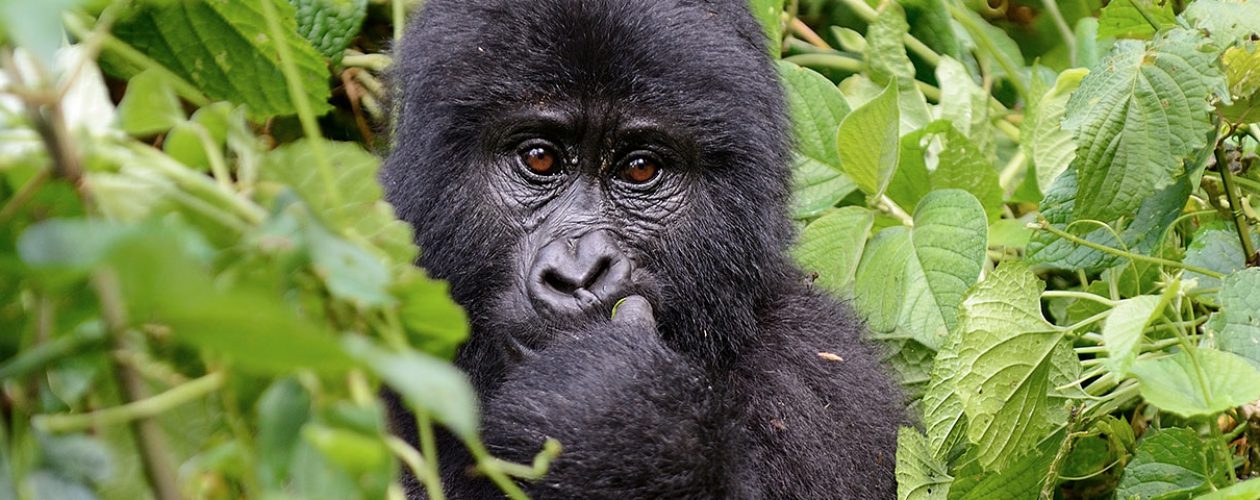Yellow Fever Vaccination Requirements for African Travel in 2025: What You Need to Know
Travelers to Africa often encounter conflicting information regarding yellow fever vaccination requirements. While the risk of infection remains low in most areas, and the vaccine is very effective, yellow fever has not been eradicated. Small outbreaks in recent years — such as in Nigeria, the Democratic Republic of Congo, and South Sudan — have prompted African nations to tighten entry requirements in an effort to prevent further spread. Because travel across African borders is common on multi-country itineraries, it’s essential to stay informed and plan ahead.
Important Note: We‘re not medical professionals. Always consult with a certified travel clinic or your healthcare provider before traveling, especially if you are pregnant, immunocompromised, or allergic to eggs.
When Is the Yellow Fever Vaccine Required?
Entry Into Certain African Countries
Many African countries legally require proof of yellow fever vaccination as a condition of entry. This is especially true for nations where yellow fever is endemic — such as Ghana, Uganda, and the Democratic Republic of Congo. Even in countries with no current outbreaks, vaccination may still be mandatory if you’re arriving from a yellow fever–endemic country.
Examples of countries where proof of vaccination is often required:
-
Tanzania (if arriving from an endemic country)
- South Africa (if arriving from an endemic country)
-
Uganda
- Botswana (if arriving from an endemic country)
-
Democratic Republic of Congo
-
Ethiopia (in some cases)
-
Rwanda (if arriving from an endemic country)
Always confirm with the country’s embassy or consulate prior to travel, as regulations can change quickly.
Traveling Between African Countries
Many African itineraries include travel between multiple nations — e.g., gorilla trekking in Rwanda and Uganda, followed by a safari in Kenya or Tanzania. In such cases, even if none of the countries individually require the vaccine for direct entry from your home country, you may need the vaccine due to inter-African travel regulations.
For example:
-
If you fly from Uganda to Kenya, you will need proof of vaccination.
-
If you’re crossing the land border between Kenya and Tanzania, you will need proof of vaccination.
-
Transit through Addis Ababa (Ethiopian Airlines hub) or Nairobi (Kenya Airways) can trigger yellow fever requirements for your final destination.
Do Border Officials Actually Check?
Yes — and more consistently than in years past. Over the past few years, we’ve seen more stringent enforcement at land borders and international airports across the continent. It’s not worth the risk of being denied entry or quarantined. Carry your International Certificate of Vaccination or Prophylaxis (the “yellow card”) with your passport at all times.
What Happens If You Don’t Have Proof?
If yellow fever vaccination is required and you do not have valid proof:
-
You could be refused entry and sent back home.
-
You may be asked to get vaccinated on arrival, which is not recommended due to questionable conditions and lack of proper medical oversight.
-
You may be quarantined at your own expense, particularly in regions with heightened outbreak protocols.
Vaccination must be received at least 10 days before travel to be considered valid.
What If You Cannot Get the Vaccine?
If you have a valid medical reason for avoiding the yellow fever vaccine — such as severe egg allergy, age under 9 months, or compromised immune status — consult your travel clinic for a medical waiver letter. Some countries will accept this documentation, but others may still deny entry or impose travel restrictions. Check in advance and carry printed copies of the waiver. If you get a waiver – make sure to still get a “yellow card” and have your Doctor sign the card to indicate you have a medical waiver.
Vaccine Supply & Validity
As of 2025, supply issues have largely stabilized, though temporary shortages can still occur in certain regions. The yellow fever vaccine is now considered valid for life by the WHO. However, some countries may still require a booster if your certificate is over 10 years old, especially if you’re entering from or passing through high-risk zones.
Final Advice
If your African itinerary includes:
-
Travel to or from a yellow fever–endemic country,
-
Transit through African airports with potential exposure,
-
Multi-country safaris or regional flights within East, and between East and Southern Africa,
…then it is highly advisable to get vaccinated.
Better safe than sorry. Regulations can change quickly in response to outbreaks or regional policy shifts. For peace of mind, consult your travel doctor early and get the vaccine well ahead of your trip.
Helpful Resources:
-
Contact the consulate or embassy of your destination country for up-to-date entry requirements.
